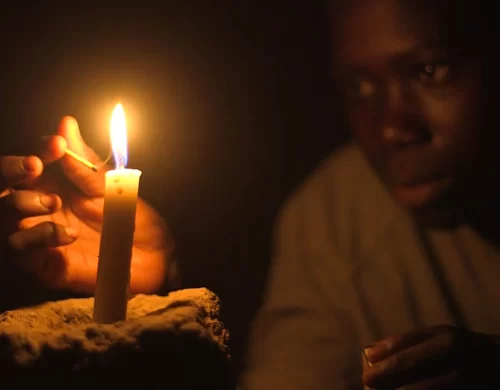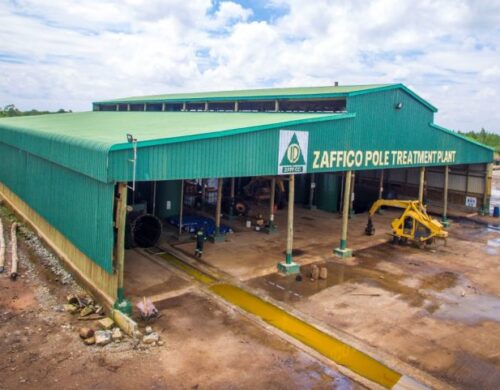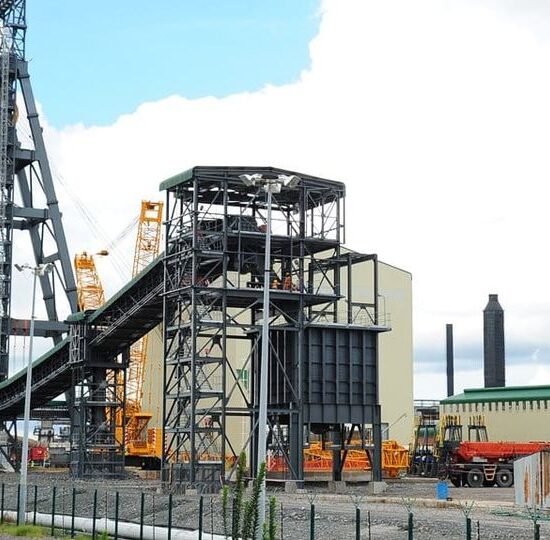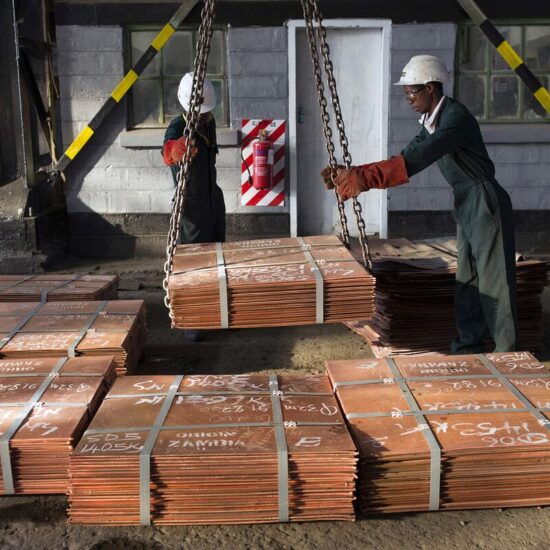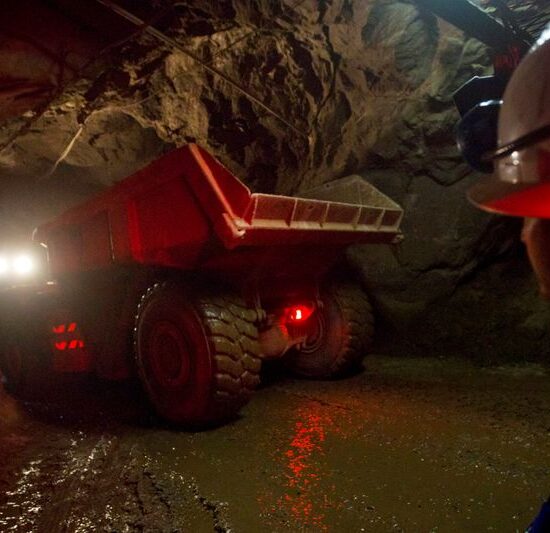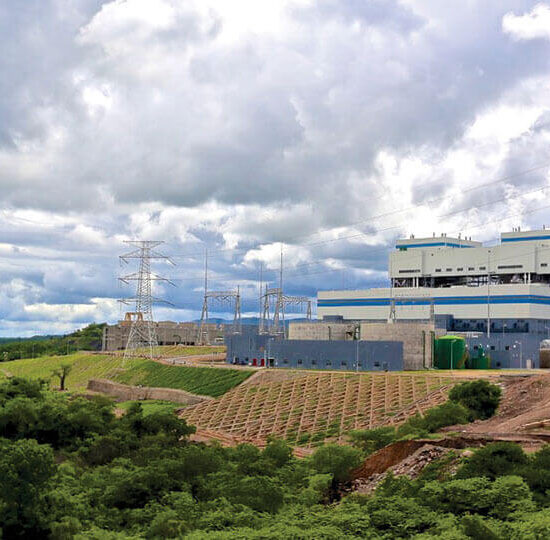
The Zambian government intense desire to attract huge foreign mining capital and make Zambia hit the promised 3 million tons per annum of copper production in the next nine [9] years risks making the country appear desperate, a situation that may lead to a twin loss in annual revenues and eventual failure to hit the production target.
In the first year of the new dawn UPND government budget for 2022, mineral royalty was made tax deductible, a situation that resulted in an annual loss of income for the treasury of about 200 million US dollars, extrapolated to 1 billion US dollars in a five year term of office.
Next was the removal of import taxes on imported mining equipment spare parts, this was done silently as it was done via a statutory instrument. No details of the revenue loss are publicly available. And now for the year 2023, mineral royalty tax band tax rates have been adjusted downwards, an economic zone has been created around Kalumbila mine and the property transfer tax for the mining industry has also been reduced.
Meanwhile, the Centre for Trade Policy and Development CTPD has questioned government’s continued offering incentives to the large-scale mining sector.
According to Minister of Finance Dr. Situmbeko Musokotwane, for the 2023 budget, mineral royalty has been restructured to apply at the incremental value in each price band when the price value passes a certain threshold as opposed to being levied on the aggregate value.
CTPD notes that additionally, the lowest marginal rate of the mineral royalty was reduced from 5.5% to 4%. The government has further gone to reduce the PTT on exploration rights from 10% to 7.5%.
CTPD Senior Researcher – Extractives Webby Banda told Zambian Business Times-ZBT, that in last year’s budget, a change was made to the mineral royalty regime where the fiscal instrument was reintroduced as a deductible expense for computing Corporate Income Tax (CIT).
Banda said in the last and this year’s change will result in a projected total loss of K6 billion [about 375 million dollars] all in the name of reclaiming the country’s position as Africa’s top producer of copper which the Democratic Republic of the Congo (DRC) is currently enjoying, according to the Minister’s budget speech.
“There is generally a concern about why the government has continued to offer incentives to the large-scale mining sector. Whilst this can unlock the potential of the sector, we should be quick to point out that it is already enjoying incentives offered in the 2022 National budget which led to losses of K3.2 billion [about 200 million US dollars].”
“We worry that this loss is being incurred at a time the country is deeply stressed with the combimed US $ 31 billion public debt. It remains our considered view that the estimated revenue loss would have gone a long way in helping the country pay back its debt obligation or better still invest in geological mapping and exploration.” Stressed Banda.
Banda said Government must maintain stability in the application of the mining fiscal regime. “This should be irrespective of whether the changes are adverse or positive to the mining investor. Although the changes in the mineral royalty and PTT are positive for the mining investor, this still propagates a narrative that we are still not consistent with the way we apply our fiscal regime.”
He said One thing that remains unclear in the fiscal regime changes over time is why mining houses are obsessed with solely changing the mineral royalty scheme and no other fiscal instruments such CIT. Some analysts say CIT at its current taxation requirements is largely under the control of company accountants and tax experts.
The Researcher said this pushes a conception for one to think that mineral royalty is difficult to avoid when compared to other fiscal instruments such as CIT because it is solely based on production with a price referenced to the London Metal Exchange (LME). “This is in opposition to profit-based taxes which are based on revenue and cost.”
